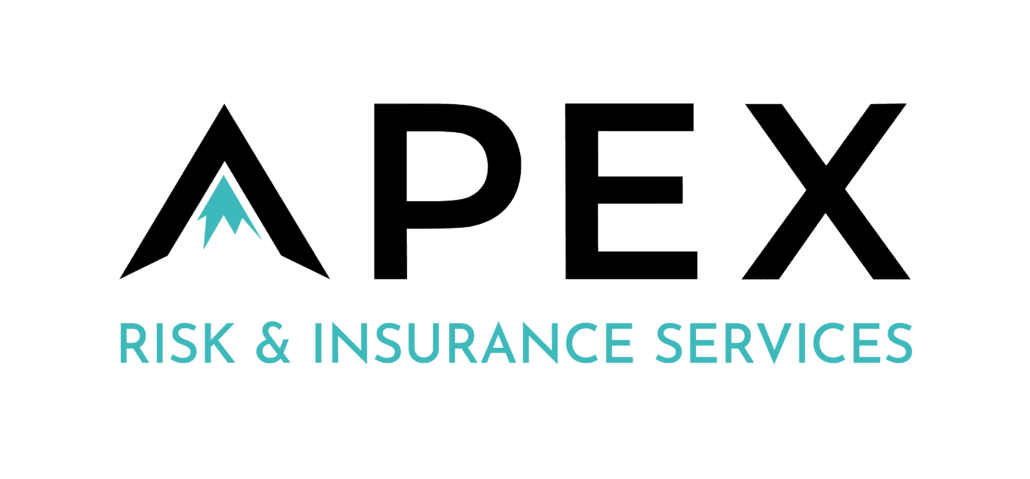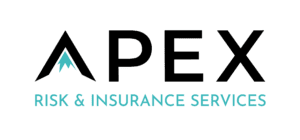Navigating Insurance Audits: A Business Owner’s Survival Guide
Insurance audits can be scary for business owners. The idea of having your records scrutinized, dealing with possible premium changes, and not knowing what to expect can feel like a lot to handle. But don’t worry! With the right plan and readiness, dealing with insurance audits can be a breeze and might even help your business. In this guide, we’ll break down the crucial steps to make insurance audits less intimidating and more manageable.
Understanding the Purpose of Insurance Audits
Insurance audits serve a critical purpose: to ensure that your insurance coverage accurately reflects your business operations and associated risks.Basically, they double-check the info you gave when you got your policy to make sure everything’s still accurate. This helps insurance companies figure out the right premiums and coverage levels for you.
By verifying the information provided in your policy application, audits help insurance companies determine appropriate premiums and coverage levels.
Different Types of Insurance Audits
Understanding the different types of audits is crucial for business owners preparing for the insurance audit process. The focus and requirements of an audit can vary significantly depending on the type of coverage you have. Here are a few examples:
Workers’ Compensation Audit
This type of audit typically focuses on payroll records to ensure that your workers’ compensation insurance accurately reflects the wages paid to employees. The auditor may review payroll records, employee classifications, and job duties to assess the level of risk associated with your workforce.
General Liability Audit
A general liability audit may center around sales and subcontractor costs. The auditor will likely examine sales records to verify the accuracy of reported revenues and assess any subcontractor expenses to determine the level of exposure to liability risks.
Commercial Property Audit: For businesses with commercial property insurance, the audit may involve an assessment of property values, equipment, and inventory. The auditor may request documentation such as property appraisals, inventory records, and maintenance logs to verify the insured property’s value and condition.
Professional Liability Audit
Professional liability insurance audits focus on assessing the risks associated with professional services provided by your business. The auditor may review client contracts, project documentation, and claims history to evaluate potential liability exposures.
Knowing the specific focus areas and requirements of your insurance audits based on your policy can help you prepare more effectively. By gathering the necessary documentation and ensuring accurate record-keeping in advance, you can streamline the audit process and minimize the risk of discrepancies or issues arising during the audit.
How to Survive an Insurance Audit
Insurance audits can be daunting, but with careful planning and preparation, they need not be overwhelming. By taking proactive steps, you can navigate insurance audits smoothly and emerge unscathed. Let’s delve into some essential strategies to make the audit process easier and less stressful.
Stay Organized
Organization is key to surviving insurance audits. Keep accurate records of payroll, sales, subcontractor costs, and any other information relevant to your insurance policy. By maintaining organized records, you’ll be better prepared to respond to auditor requests promptly and accurately.
Know Your Policy
Familiarize yourself with the terms and conditions of your insurance policy, including any audit provisions. Understanding what information the auditor will likely request and what documentation you need to provide can help streamline the audit process.
Prepare in Advance
Before the audit, take the time to review your records for accuracy and completeness. Identify any discrepancies or potential issues that may arise during the audit process, and address them proactively. By preparing in advance, you can minimize the likelihood of surprises during the audit.
Communicate with Your Insurer
Clear communication with your insurance agent or provider is essential throughout the audit process. If you have any questions or concerns, don’t hesitate to reach out for clarification. By maintaining open communication, you can ensure that everyone is on the same page and reduce the likelihood of misunderstandings.
Cooperate with the Auditor
During the audit, be cooperative and responsive to the auditor’s requests. Provide the requested information promptly and accurately, and be prepared to answer any questions they may have about your business operations. By demonstrating cooperation, you can help facilitate a smoother audit process.
Seek Professional Assistance if Needed
If you’re facing a complex audit or have concerns about your insurance coverage, consider seeking assistance from an insurance broker, accountant, or other professionals with expertise in insurance matters. They can provide valuable guidance and support throughout the audit process.
Review Audit Results
After the audit is complete, carefully review the audit results and any adjustments proposed by the auditor. Ensure that any changes accurately reflect your business operations and are consistent with your insurance policy. If you disagree with the audit findings, don’t hesitate to appeal the decision.
Learn from the Experience
Use the audit process as an opportunity to review your insurance needs and make any necessary adjustments to your coverage. Implement measures to improve record-keeping and compliance to avoid issues in future audits. By learning from the experience, you can strengthen your business’s risk management practices and better protect your assets.
Managing Audit Triggers: Proactive Strategies for Business Owners
Understanding audit triggers is essential for business owners to anticipate and prepare for potential insurance audits. Here are some common triggers to be aware of:
Significant Changes in Payroll
A sudden increase or decrease in payroll expenses can trigger an audit, as it may indicate changes in your workforce size or structure. This could result from hiring or laying off employees, changes in employee classifications, or fluctuations in wages.
History of Claims
Insurance companies may conduct audits if your business has a history of frequent or high-value insurance claims. Multiple claims filed within a short period or a pattern of claims related to specific risks may raise concerns about your business’s risk management practices.
Discrepancies in Reported Data
Discrepancies or inconsistencies in the information reported to your insurance provider, such as discrepancies between payroll records and reported wages, can trigger an audit. Inaccurate or incomplete data raises red flags and may prompt further scrutiny from auditors.
By understanding these triggers, you can proactively monitor your business operations and take steps to ensure compliance with insurance requirements. Here are some tips for managing audit triggers effectively:
Regularly Review and Update Records: Keep your business records up to date and accurate to reflect any changes in payroll, operations, or claims history. Regularly review your records to identify and address any discrepancies or inconsistencies.
Implement Risk Management Practices: Implementing robust risk management practices can help mitigate the likelihood of insurance claims and audits. This includes maintaining a safe work environment, implementing employee training programs, and adhering to industry regulations and best practices.
Communicate with Your Insurer: Maintain open communication with your insurance provider and promptly report any significant changes or events that may impact your coverage. Proactively addressing issues and providing accurate information can help prevent audits triggered by discrepancies or omissions.
Seek Professional Advice: If you’re unsure about how certain changes or events may affect your insurance coverage, seek advice from insurance professionals or consultants. They can provide guidance on risk management strategies and help ensure compliance with insurance requirements.
By staying vigilant and proactive in managing audit triggers, you can reduce the likelihood of unexpected audits and ensure that your business remains prepared to address any audit-related inquiries or requirements.
Final Notes
Insurance audits may seem daunting, but with proper preparation and proactive communication, you can navigate them successfully. By understanding the purpose of audits, staying organized, knowing your policy, and cooperating with auditors, you can ensure that your insurance coverage remains accurate and adequate for your business needs. Remember to seek professional assistance if needed and learn from the audit experience to strengthen your risk management practices. With these strategies in place, you’ll be well-equipped to master insurance audits and safeguard your business’s financial future.
Learn More About Apex
Apex was founded to fill the service and consultative gap left by agency consolidations in the insurance marketplace. These consolidations have left customers who are used to a boutique service approach with no personal connection to their team.
Apex brings the high-touch service proposition back to San Diego businesses and beyond.
At Apex Risk & Insurance Services, we use the Apex Proven Process to learn about your business, strategize to assemble the right program for you, and use our deep industry and market knowledge to leverage the best pricing and coverage.
This leaves small business owners with more time to do what they do best: Run their business knowing that their company and employees are protected.
Check out our commercial insurance policies, then, read on to learn what makes us different.




